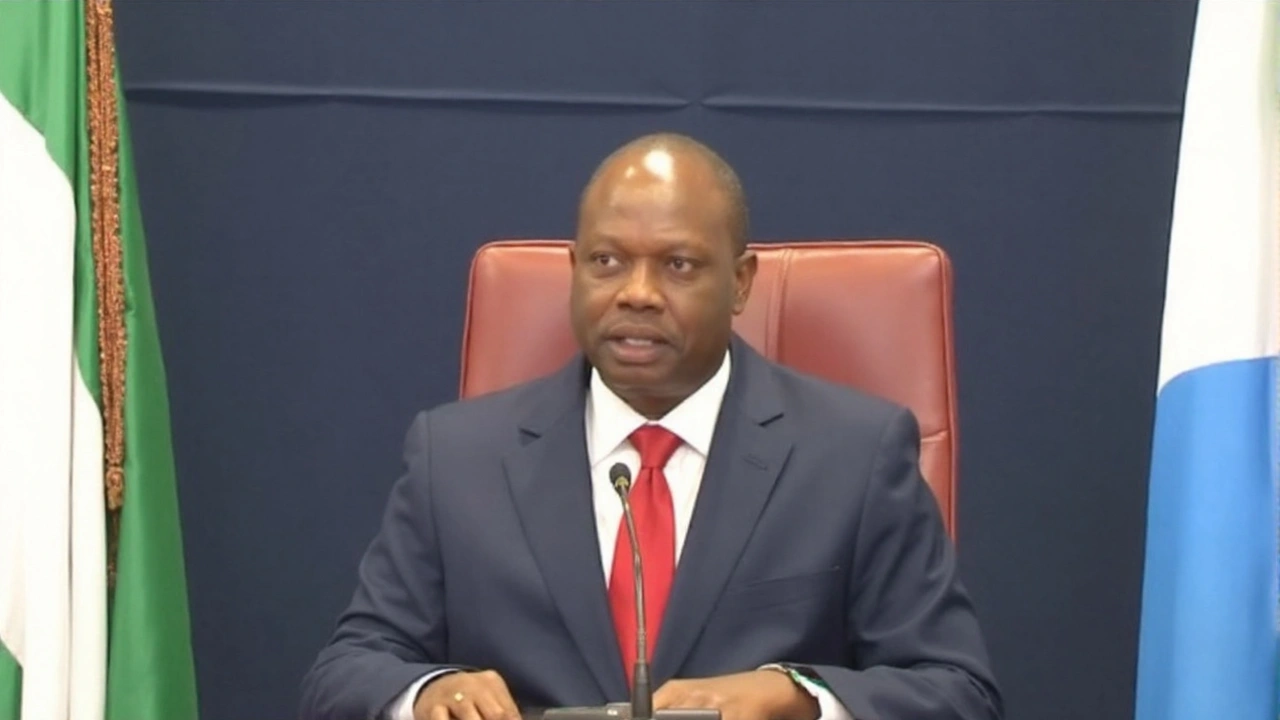Financial Oversight: What It Is and Why It Counts
Ever wonder who makes sure companies don’t spend money the wrong way? That’s financial oversight – the set of rules, checks, and people that keep money flowing the right direction. It’s not just for big banks; any organization that handles cash can benefit from solid oversight.
Think of it like a traffic light for money. When the lights work, traffic moves safely. When they fail, you get chaos. The same idea applies to budgets, investments, and daily expenses. Good oversight stops fraud, cuts waste, and builds trust with customers, investors, and regulators.
Key Elements of Financial Oversight
First up, internal controls. These are the day‑to‑day processes that employees follow – things like approval signatures, separation of duties, and regular reconciliations. Simple rules, but they catch a lot of mistakes before they grow.
Second, external audits. An independent firm comes in, looks at the books, and tells you if everything adds up. Audits add credibility, especially when you need financing or want to reassure shareholders.
Third, regulatory compliance. Governments set standards – think of the Sarbanes‑Oxley Act in the US or JSE requirements in South Africa. Staying compliant means you avoid fines and legal trouble.
Lastly, governance reporting. Boards and committees review financial statements, set risk policies, and hold management accountable. Clear reporting keeps everyone on the same page and makes bad decisions harder to hide.
How You Can Stay Informed
If you’re a business owner, start by mapping out who does what with money. Ask yourself: Do I have enough sign‑off levels? Are my records updated weekly? Simple checklists can highlight gaps fast.
For employees, learn the basics of your company’s control policies. Knowing why a purchase needs two approvals helps you follow the process without frustration.
Investors should read the latest audit reports and watch for red flags – unusually high fees, frequent changes in accounting methods, or missing footnotes. Those clues often signal deeper issues.
And if you’re just curious, keep an eye on news about big corporate scandals. Each case shows a piece of the oversight puzzle that failed, offering a real‑world lesson you can apply.
Bottom line: financial oversight isn’t a fancy buzzword; it’s a practical system that protects money, reputation, and future growth. By understanding the core parts and staying alert, you can help your organization stay on the right track and avoid costly surprises.

IBAS Blocks State Assembly’s Six‑Month Spending Probe
Former Sole Administrator IBAS has turned down the Rivers State House of Assembly’s request to audit his six‑month expenditure, saying the state legislature has no constitutional power to do so. Legal analysts argue only the National Assembly can order such a probe. The standoff has reignited debate over separation of powers and accountability in Rivers State, highlighting the tug‑of‑war between state and federal oversight bodies.